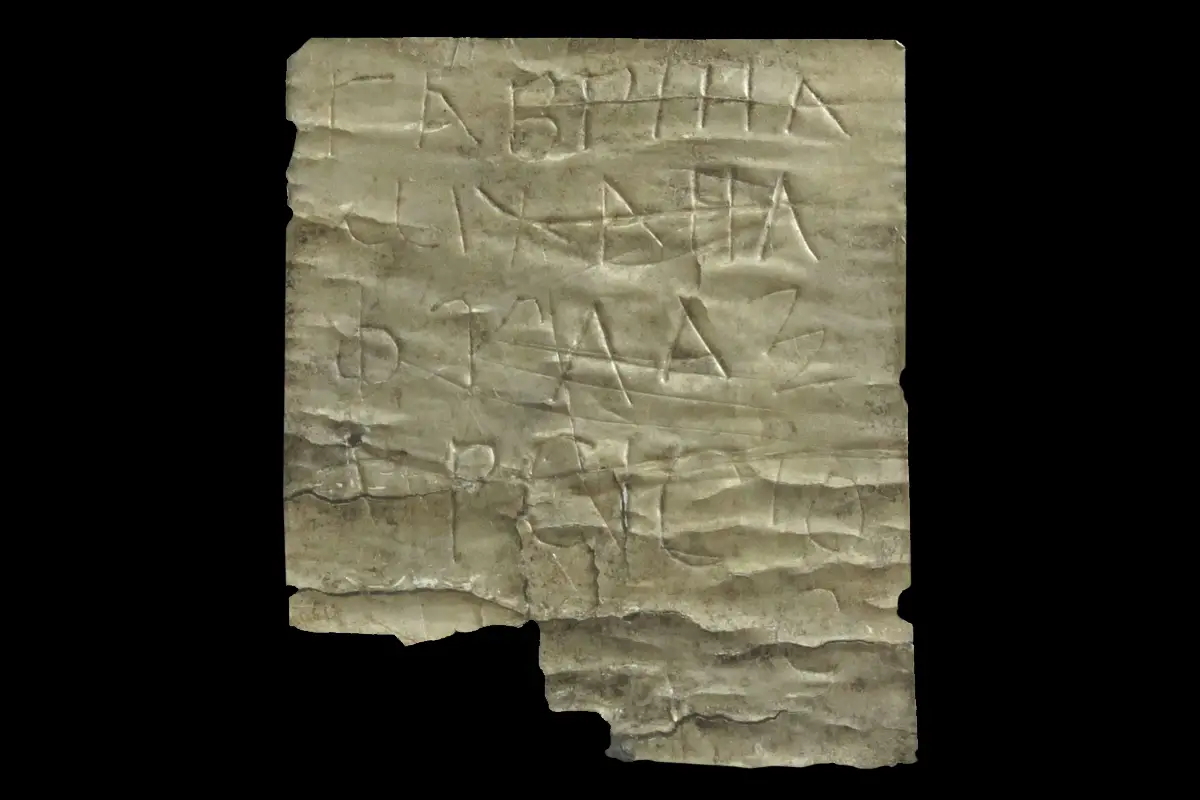Archaeologists have unearthed an amulet that is believed to be the earliest Christian relic found in Bulgaria and contains the first known reference of Christ in the region.
The amulet is a small silver sheet which dates to between the late 2nd century to early 3rd century AD. It was unearthed in the Deultum-Debelt National Archaeological Reserve, a necropolis associated with the Roman colony of Deultum.
Deultum was founded as an emporium of Apollonia Pontica in the 7th century BC and served as an important trading centre between Thracians and Greeks.
It is located near the modern-day village of Debelt, at the mouth of the river Sredetska reka on the west coast of Lake Mandrensko.
During the 1st century AD, Deultum was annexed by the Roman Empire and renamed to Colonia Flavia Pacis Deultensium, serving as a colonia for veterans of Legio VIII Augusta.
The silver sheet amulet was found rolled up in a burial, which upon closer inspection was revealed to contain the sign of the cross and references inscribed in Greek.
The inscription gives mention of the archangels, Michael and Gabriel, and the “Guardian” – Christ. “Guardian” is written as +ΡЄICTOC, with the first letter of Christ’s name, X, rotated 45 degrees to form a cross.
According to the researchers, the word “Guardian” references Christ’s role, and the general purpose of the amulet which is intended to provide protection. Early Christian’s often concealed their faith in fear of persecution, so the amulet was likely buried in secrecy by rolling the silver sheet to resemble an ingot.
Dr. Nikolay Sharankov from Sofia University, said: “Inscriptions visible to the public rarely overtly disclosed early Christians’ religious allegiance. They often utilised innocuous symbols such as birds or fish, or veiled expressions like ‘God’ that didn’t draw suspicion.”
Header Image Credit : National Archaeological Reserve Deultum – Debelt
Sources : Sofia News Agency





